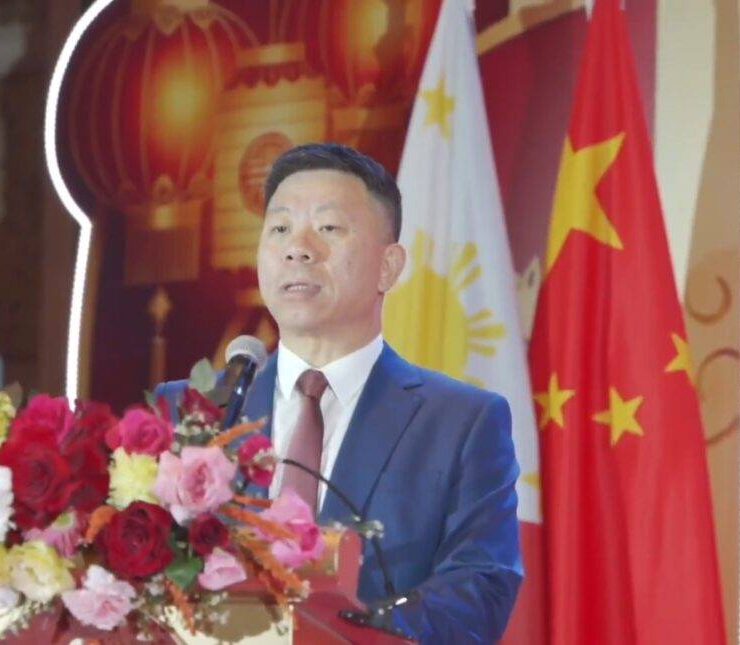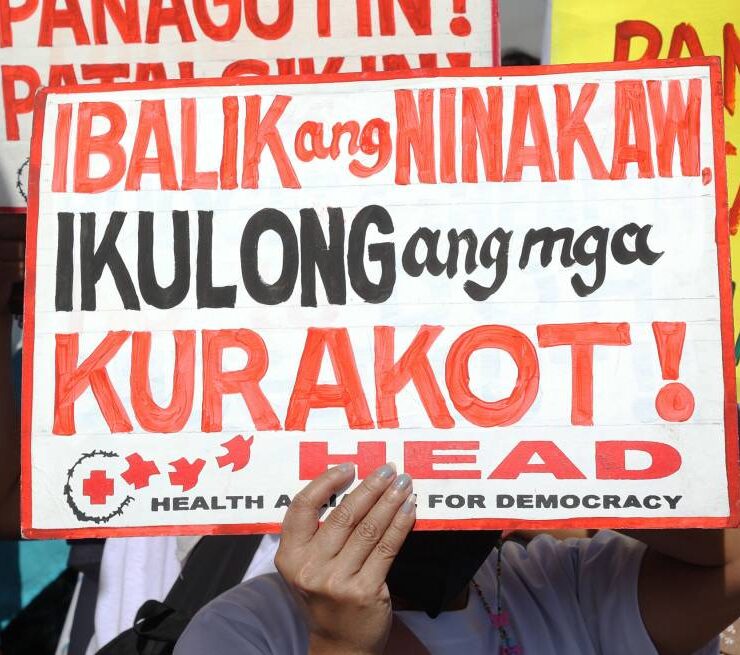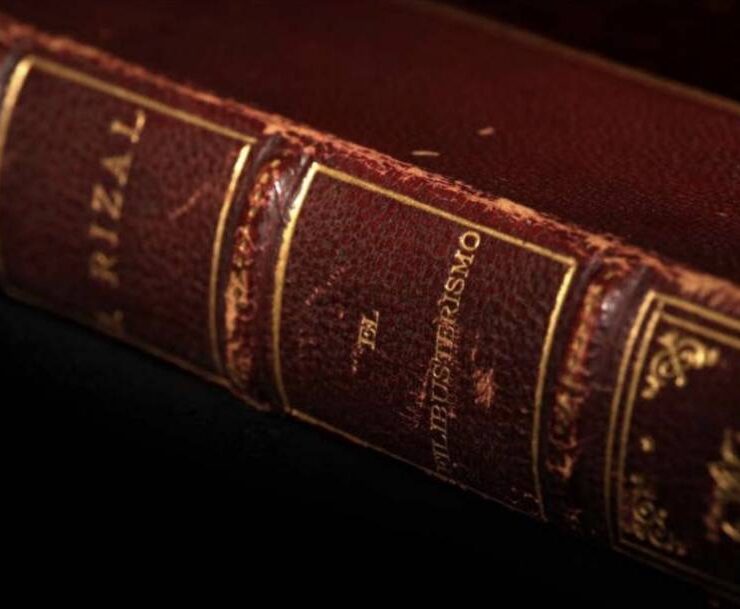When a judge issues an unpopular ruling

The politicization of the justice system and of law enforcement itself was never more blatant than during the presidency of Rodrigo Duterte. His bloody war on drugs enabled him to impose his will on the whole government as well as to intimidate the rest of society. By exploiting people’s fear of being tagged as a drug user, a drug pusher, or an enabler of drug syndicates, he was able to exercise draconian powers without having to formally impose martial rule.
His six-year autocratic rule inflicted so much damage on vital institutions like the courts and the police that it may take a whole generation to rebuild these and restore their credibility. The process usually begins with the rectification of some of the glaring injustices committed during the preceding dark years. The innocent are freed from prison, stolen properties are restored to their rightful owners, and some enablers are made to account for their complicity and acquiescence in the political weaponization of institutions.
The acquittal and release of former senator Leila de Lima from her almost seven-year detention on fabricated drug conspiracy charges—almost as soon as Duterte’s presidency ended—is the finest example of this redemptive process. The other day, the Inquirer editorial titled “A just court reversal” (8/2/24) applauded another move to redress what had been generally perceived as an egregious act of police impunity committed during the previous regime.
I am referring to the reversal by the Court of Appeals (CA) last July 19 of a Regional Trial Court’s (RTC) previous acquittal of Police Supt. Rafael Dumlao III in the brutal abduction and murder of Korean businessman Jee Ick-joo in October 2016. The appellate court pointedly named Dumlao, who had been out on bail since 2019, as the mastermind behind Jee’s abduction. A judgment of acquittal is usually final after the denial of a motion for reconsideration.
But, in a few instances, a higher court, acting on a petition for certiorari, may review the case and reverse the decision typically on grounds of “grave abuse of discretion” by the lower court.
No less than the Supreme Court issued a press statement announcing this much-awaited triumph of justice. “In granting the petition, the Court of Appeals found that the RTC gravely abused its discretion by gross misapprehension of facts when it rendered its Joint Decision. [It] ruled that the proceedings before the RTC were a sham and an apparent mockery of the judicial process such that Dumlao’s acquittal was a foregone conclusion and in total disregard of the evidence. The Court of Appeals held that the RTC reached a conclusion that clearly contradicted the testimonies of witnesses, rendering the prosecution’s presentation of evidence inutile and blatantly abusing its discretion to a point so grave as to deprive it of its very power to dispense justice.”
Not being a lawyer, I am unaccustomed to reading such strong language from the high court, especially when it refers to another member of the judiciary. To portray a lower court’s proceedings as “a sham and an apparent mockery of the judicial process” is practically to accuse the lower court judge—in this case, Angeles RTC Executive Judge Eda Dizon—of malice, incompetence, and, by implication, of corruption.
I have not read the ruling of CA Associate Justice Carlito B. Calpatura since this is not yet available online. But it is clear from the Supreme Court statement that Judge Dizon is being faulted for committing not just innocent errors of judgment in the appreciation of the facts. She is being charged with malicious and willful blindness, which could be a ground for dismissing her from the bench, and/or even charging her in court.
I do not know any of the personalities involved in this controversial case. I have not previously heard about, nor have I met, Judge Dizon. But I do know that around 70 to 80 percent of all RTC judges in Pampanga today are women, many of them bright and idealistic graduates of reputable law schools, who accepted their tough assignments after a distinguished career as trial lawyers. Judge Dizon may well be one of them.
If she’s corrupt and incompetent, why would she pass up the chance to play hero by choosing to exonerate a police officer whom nearly everyone, including Duterte himself, had denounced as the mastermind of a heinous crime? Why would she take up, in the first place, a high-visibility case that other judges before her had recused themselves from because of tremendous pressure surrounding the case?
Some years ago, I received a three-volume centenary reader from the Supreme Court that I like to read every now and then.
From the volume “Supreme Court Decisions as Literature,” I came across this fascinating quote from a decision penned by Associate Justice Sabino R. De Leon Jr.: “There is no cogent reason to deviate from the time-honored legal principle that, when the issue is one of credibility of witnesses, appellate courts will not disturb the findings of the trial court … [T]he trial judge is in the best position to detect that sometimes thin line between fact and prevarication that will determine the guilt or innocence of the accused. That line may not be discernible from a mere reading of the impersonal record by the reviewing court.”
I wonder what Judge Dizon saw or heard that made her doubt the witnesses against Dumlao, and stake her career and reputation by going against the tide of public opinion.
public.lives@gmail.com





















